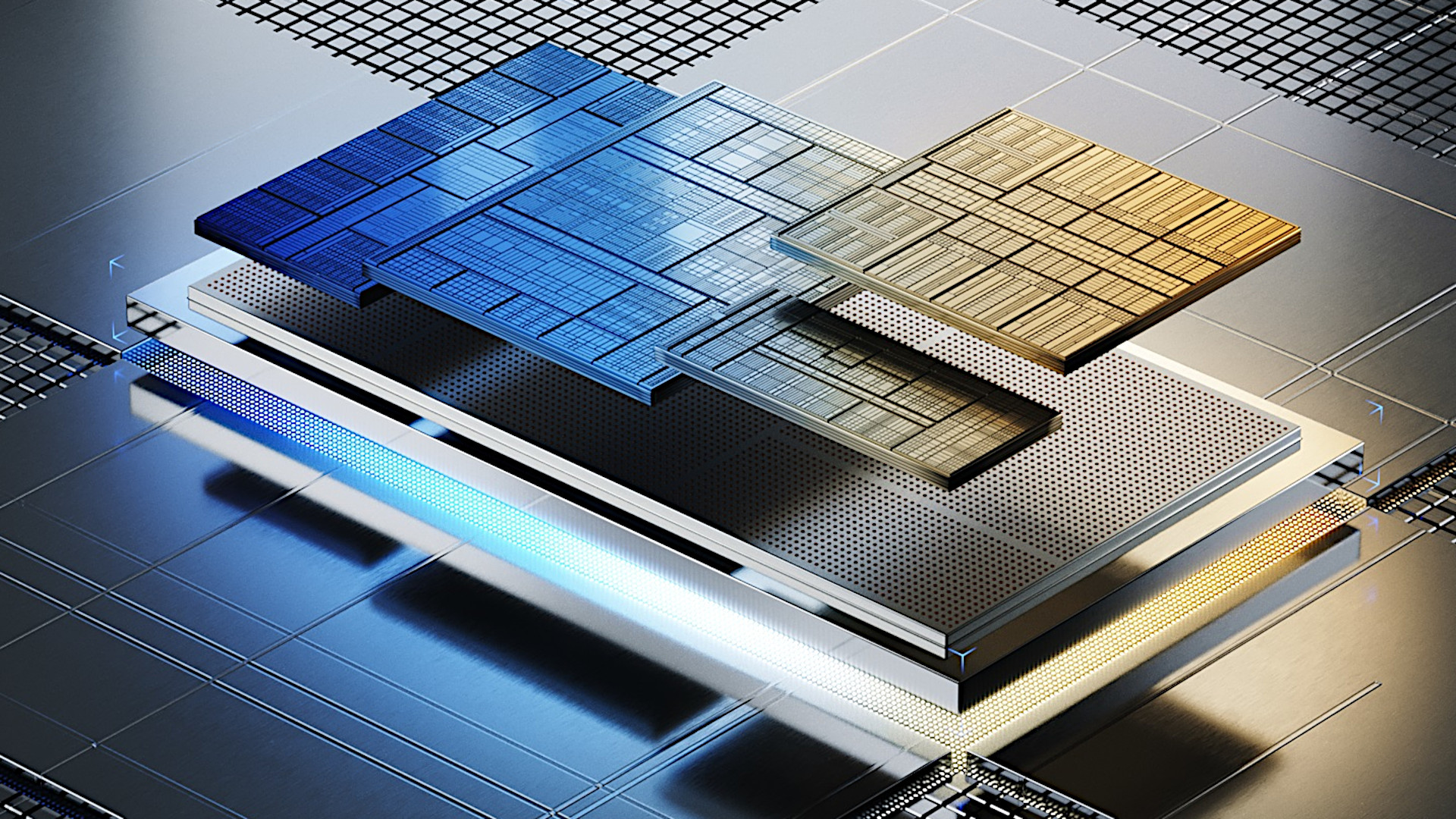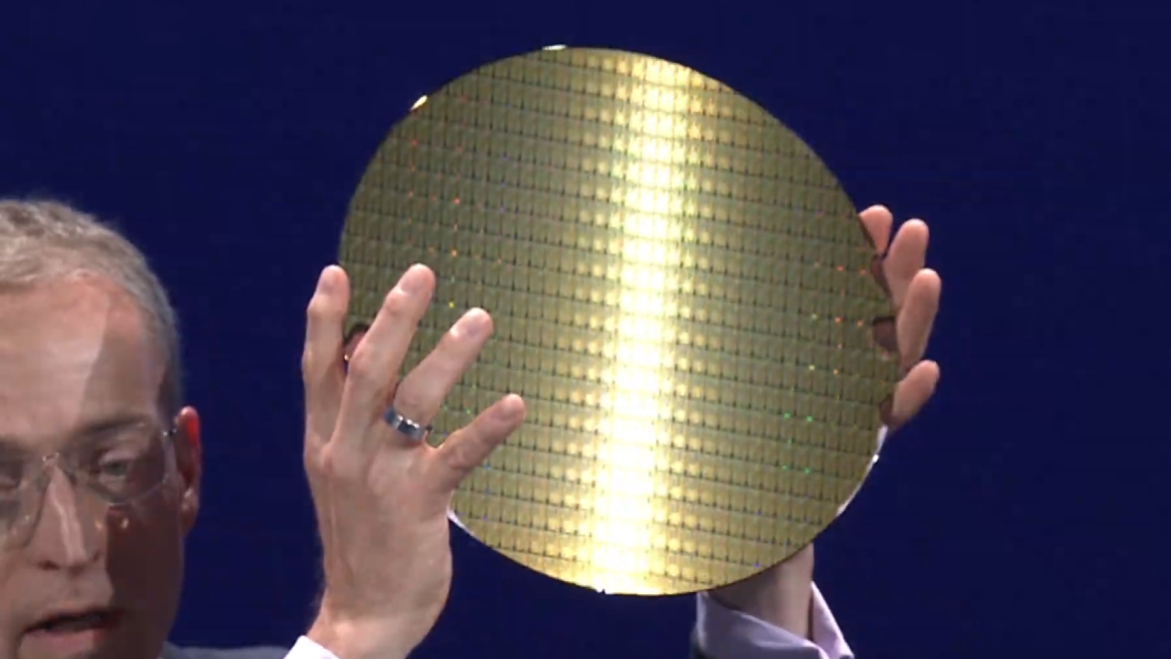Intel Arrow Lake CPUs could hit shelves on October 17 – striking back against AMD Ryzen 9000 sooner than expected
Recent rumors now indicate an early Q4 launch, rather than previous speculation of a delay to later in the quarter

Intel’s next-gen Arrow Lake desktop processors will go on sale come October 17, or that’s the latest word from the grapevine.
VideoCardz got the scoop on this one, with the source being the Board Channels over in China (which we’d classify as a reasonable outlet for rumors, albeit one that has to be approached with a touch more caution than your average nugget of hardware gossip).
We’re told that Intel’s new Z890 motherboards and Core Ultra 200K (Arrow Lake ‘K’ series, meaning unlocked processors you can overclock) will be released on October 17, following a previously rumored unveiling a week beforehand.
That would be a swift launch-to-retail-shelves progression, but that’s hardly unheard of, and it’s obviously good news for those keen to get an Arrow Lake desktop chip.
Intel will supposedly only have three CPUs available to begin with, but those will be key models – the flagship Core Ultra 9 285K, along with the Core Ultra 7 265K, and Core Ultra 5 245K in the mid-range. (There may also be ‘KF’ variants of the latter two – the same chips, but without integrated graphics).
More Arrow Lake desktop processors of the non-K variety (that can’t be overclocked) will follow in Q1 of 2025, the rumor mill believes – as well as cheaper 800 series motherboards (the Z890 models are the top-end boards).

Analysis: A war on two fronts
Not so long ago, the rumor mill was starting to worry that Intel’s Arrow Lake chips wouldn’t be here until very late in 2024, but this is further evidence – on top of other recent chatter – that Team Blue is on track for an early, not late, Q4 launch.
Sign up for breaking news, reviews, opinion, top tech deals, and more.
That’s good to hear, and it’s important for Intel to reply to the launch of Ryzen 9000 CPUs (which emerged earlier this month). Indeed, if Team Blue can do so in under two months, and Arrow Lake pans out to offer the grunt that some performance predictions have suggested, this could be a win for Intel, as thus far, Ryzen 9000 has been a bit of damp squib. (Certainly in terms of the generational uplift for gaming delivered by AMD’s Zen 5 silicon – though that situation will change a bit with an incoming patch for Windows 11, as we just learned).
Intel’s problem, though, is that it isn’t just having to fight a battle in the performance stakes against AMD, but also a conflict on another front – that of rebuilding trust with the computing public due to the instability problems that have plagued its 13th and 14th-gen CPUs.
This has a very real danger of casting a shadow over the launch of Arrow Lake if Intel doesn’t resolve these issues to the full satisfaction of buyers – even if Intel’s next-gen CPUs don’t suffer from the same problems, and of course, they absolutely shouldn’t (it’d be nothing short of a disaster for Intel if they did).
At any rate, there’s no denying that things are looking more positive for Arrow Lake’s arrival timeframe, though as ever, we mustn’t read too much into rumors, even when they back each other up.
You might also like
Darren is a freelancer writing news and features for TechRadar (and occasionally T3) across a broad range of computing topics including CPUs, GPUs, various other hardware, VPNs, antivirus and more. He has written about tech for the best part of three decades, and writes books in his spare time (his debut novel - 'I Know What You Did Last Supper' - was published by Hachette UK in 2013).